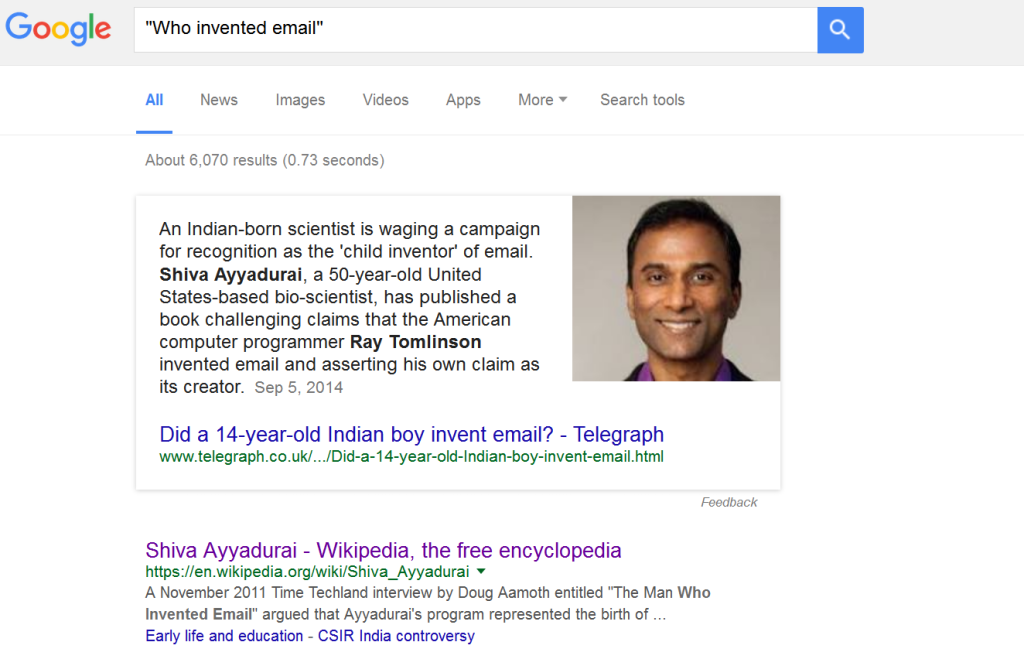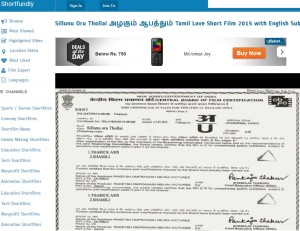Multi-million dollar start up that just works 4 days a week without any managers
Today when most startups tend to burn the mid night oil and work even on weekends, this organization works typically for 4 days a week (Mon-Thu), more specifically 32 hours a week and has grown exponentially from a start up to become a leading global multi million dollar Ed-tech company offering online professional training & courses. The organization is Treehouse, headquartered in Portland, Ontario. Employing 110 employees, Treehouse operates just 32 hours in a week.
The secret recipe to rousing success
How come a company working less than 32 hours a week with around 100 employees is so successful. The reason for this is amazing work culture of Treehouse.
No Managers
Treehouse is a flat organization with no manager controlling employees or their work. Each employee is responsible for their own work. Earlier Treehouse was also like any other company having typical org structure. Internal politics, grapevine and rumors were hampering its growth cycle. It’s then company decided to do away with org structure and have a flat hierarchy. Going flat has increased the productivity of the Treehouse staff and enabled them focus on the activities they are hired for. The flat organization enabled the employees to implement their own ideas in the work they were assigned instead of depending on the typical managerial hierarchy to work on it. 
The career growth of the individual employee in the company in absence of the managers is set up on the basis of how proficiently a employee delivers the work assigned. Breaks are encouraged during the working hours to have personal communication between colleagues. The employees work from Monday to Thursday and the offices are kept closed on Fridays and weekends, thus enabling them to spend more time with their families.
This work culture has helped create a complete work life balance and almost 100% retention of the workforce.
Less emails more productivity
Employees are discouraged from using emails. Ryan Carson, the founder of Treehouse says that emails distract employee and instead they use HipChat which keeps them focused on their work schedule.
For the discussion on the ongoing projects Convoy, an internal discussion forum is used. These tools have increased employee productivity since they don’t have to go through each and every email. Treehouse discourages any sort of official communication on off days that is on Fridays and weekends.
Less meetings, less interrupts
Treehouse team believes in less face to face meetings. Most of the communication is written either on Convoy or HipChat which reduces unplanned meetings or interrupts. Employees can plan their work and also choose to respond to written communication as per their schedule and availability.
All these things have resulted in increased productivity, less attrition, high employee morale. Treehouse in the year 2012 received initial funding of 4.75 USD and one year later in 2013 received 7 million USD funding from Social+Capital and Kaplan Ventures. It has been able to garner a monthly revenue of $1.7 Million with a subscriber base of more than 1,00,000 and recurring monthly sales of $1,42,000. The number of its paid subscribers is increasing by an average of 46%.
Today, Treehouse provides technical, skill enhancement, app development and other learning tools via iOS and android apps at affordable rates both to the individuals as well as organizations and learning institutes like schools at affordable rates. It offers choice of the subject from its extensive library and has a point based system within the apps that measure the progress of the skills learned by its subscribers.






